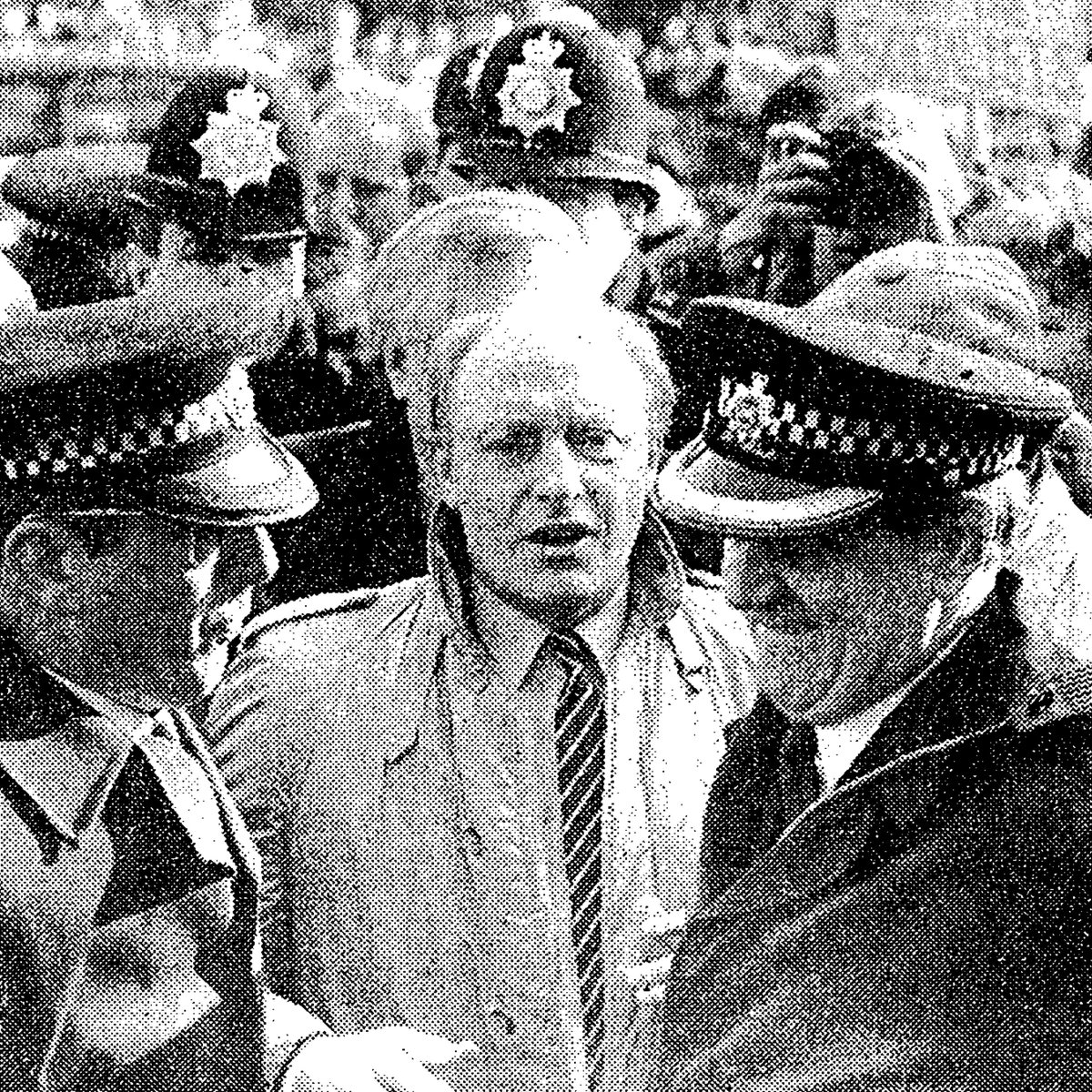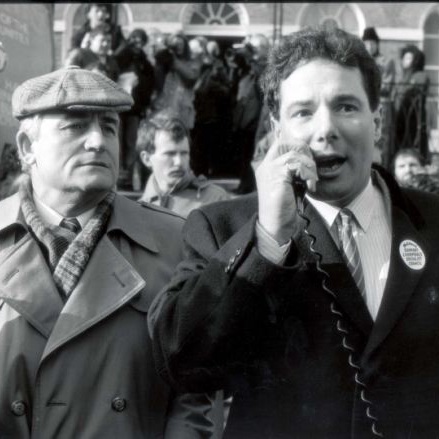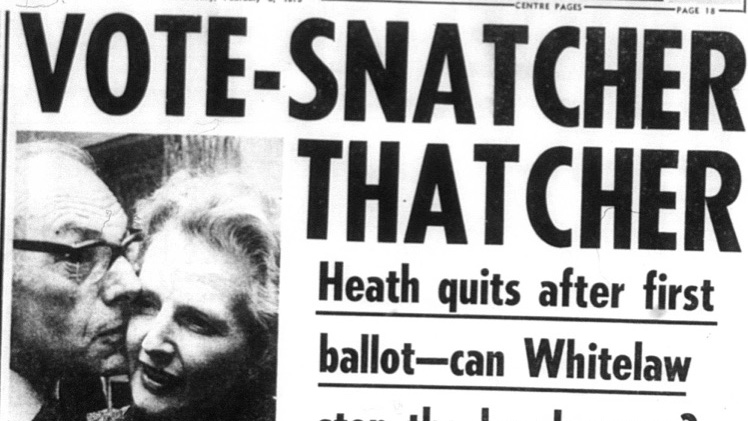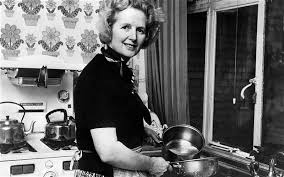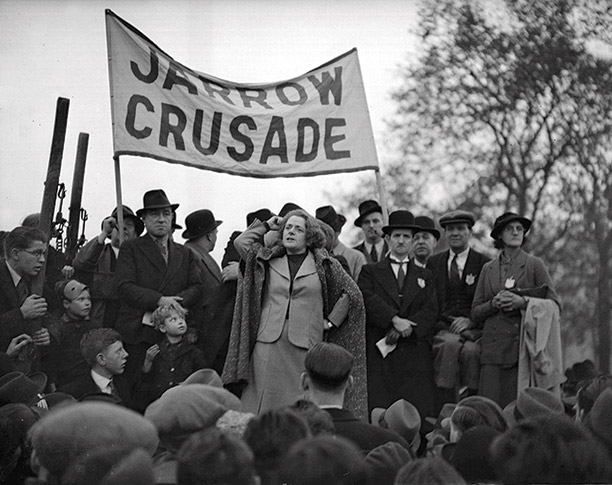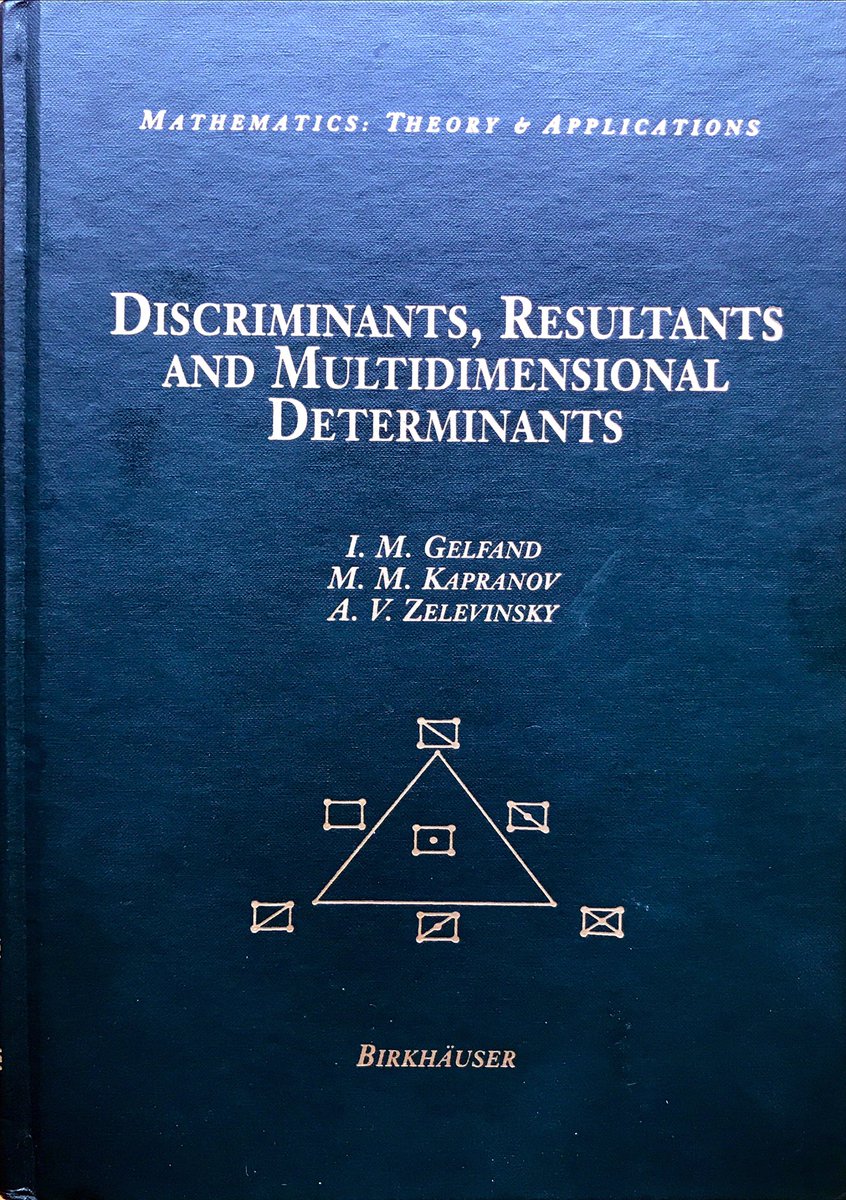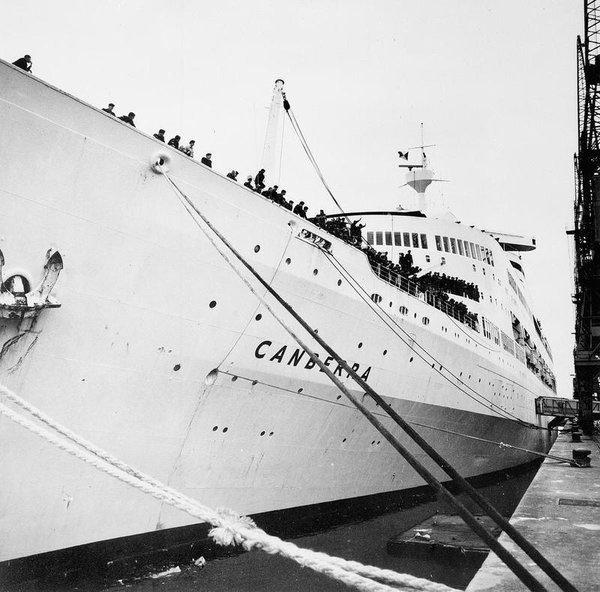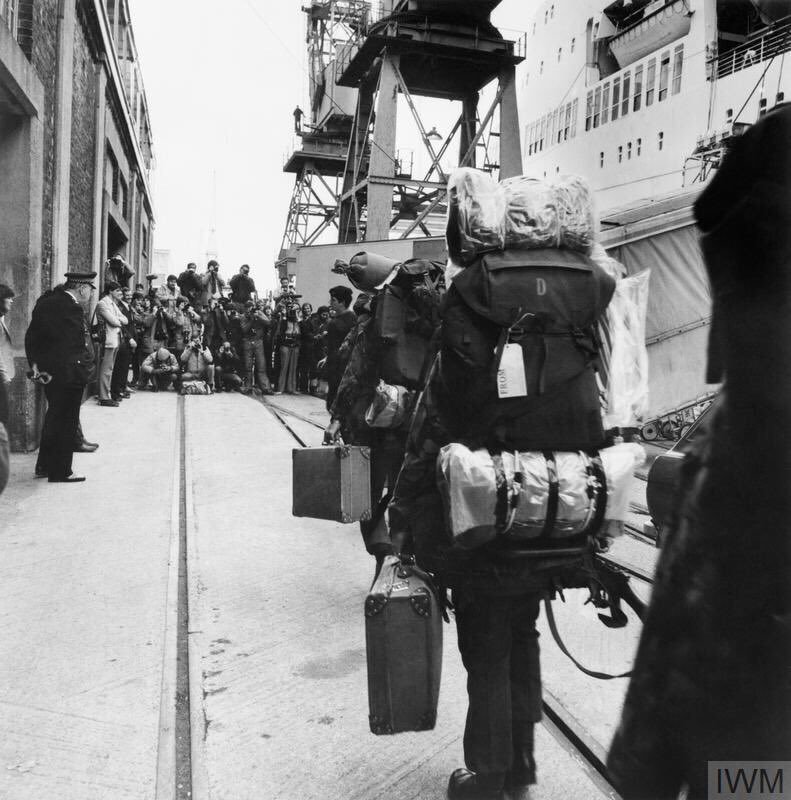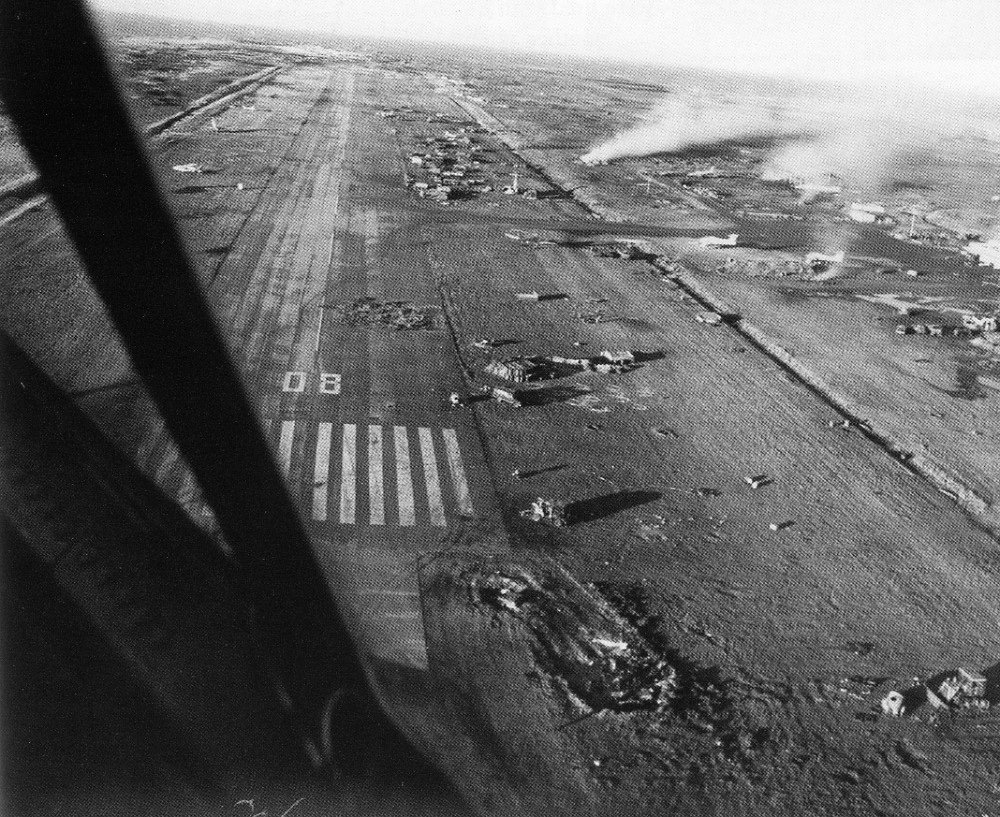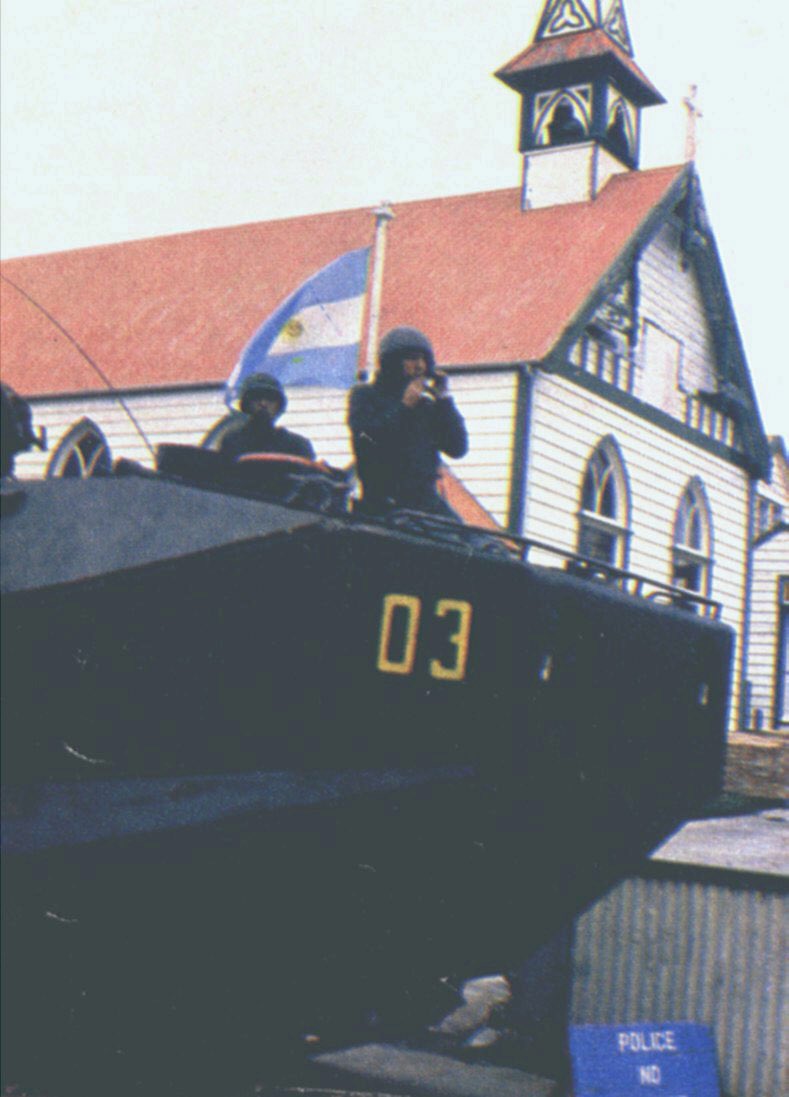Initially dismissed as ‘Wilson’s Pipe Dream’, the OU would give millions of people access to higher education
Thread on how on Labour turned the 'dream' into a reality 👇
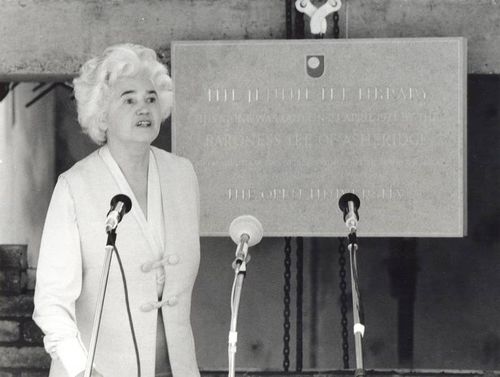
‘the most insulting thing that could happen to any working class man or woman was to have a working class university’
‘Enrolment as a student of the University should be open to everyone … irrespective of educational qualifications, and no formal entrance requirement should be imposed.’
‘I’ve always said that I didn’t want to be associated with anything going off half cock’.
Despite losing her seat in the 1970 election, Lee worked to ensure a political consensus around the OU, eventually convincing Margaret Thatcher that it was worthwhile
By 2009, over 190,000 students were registered at the Open University.
open.ac.uk/library/digita…






















